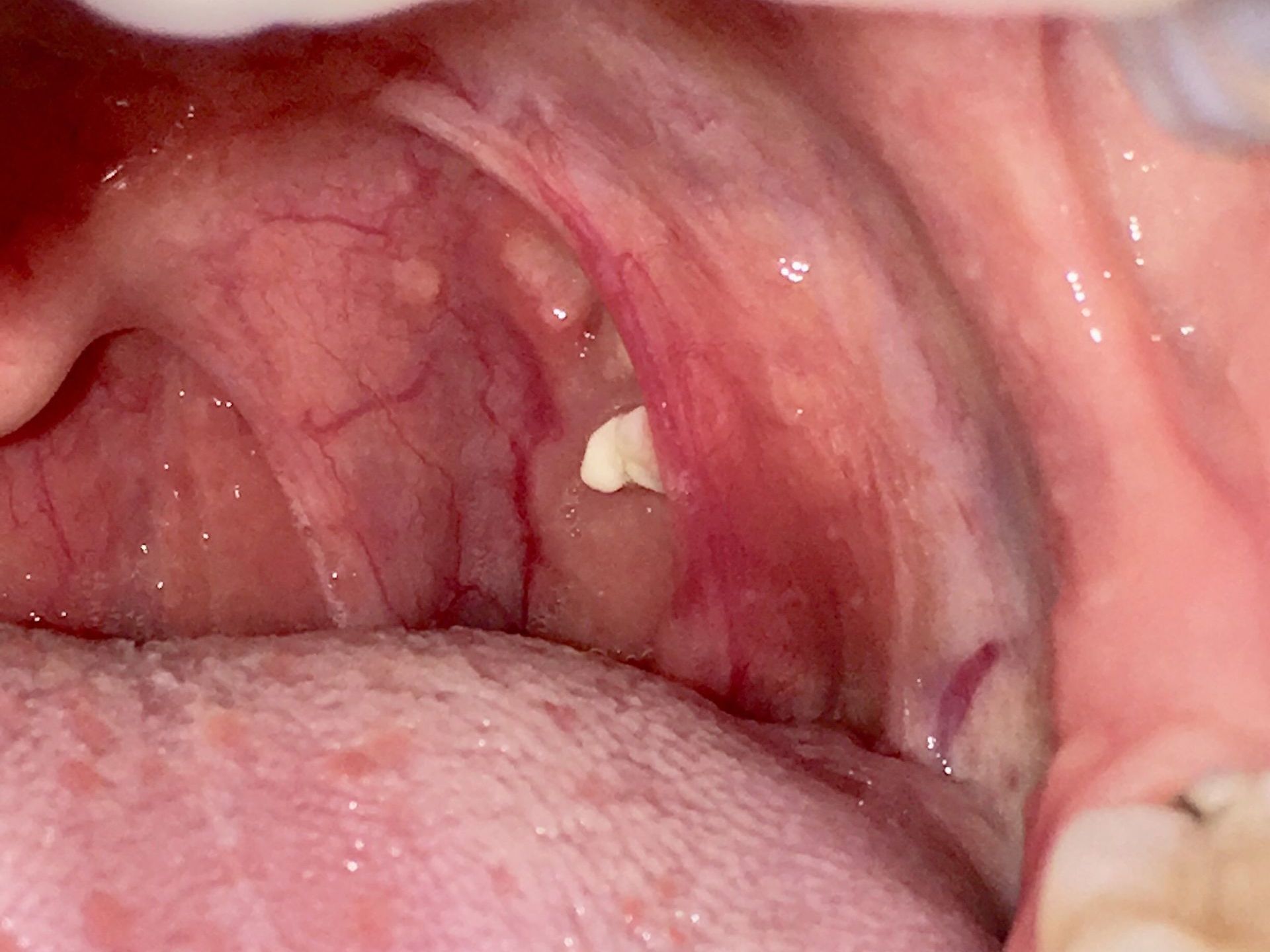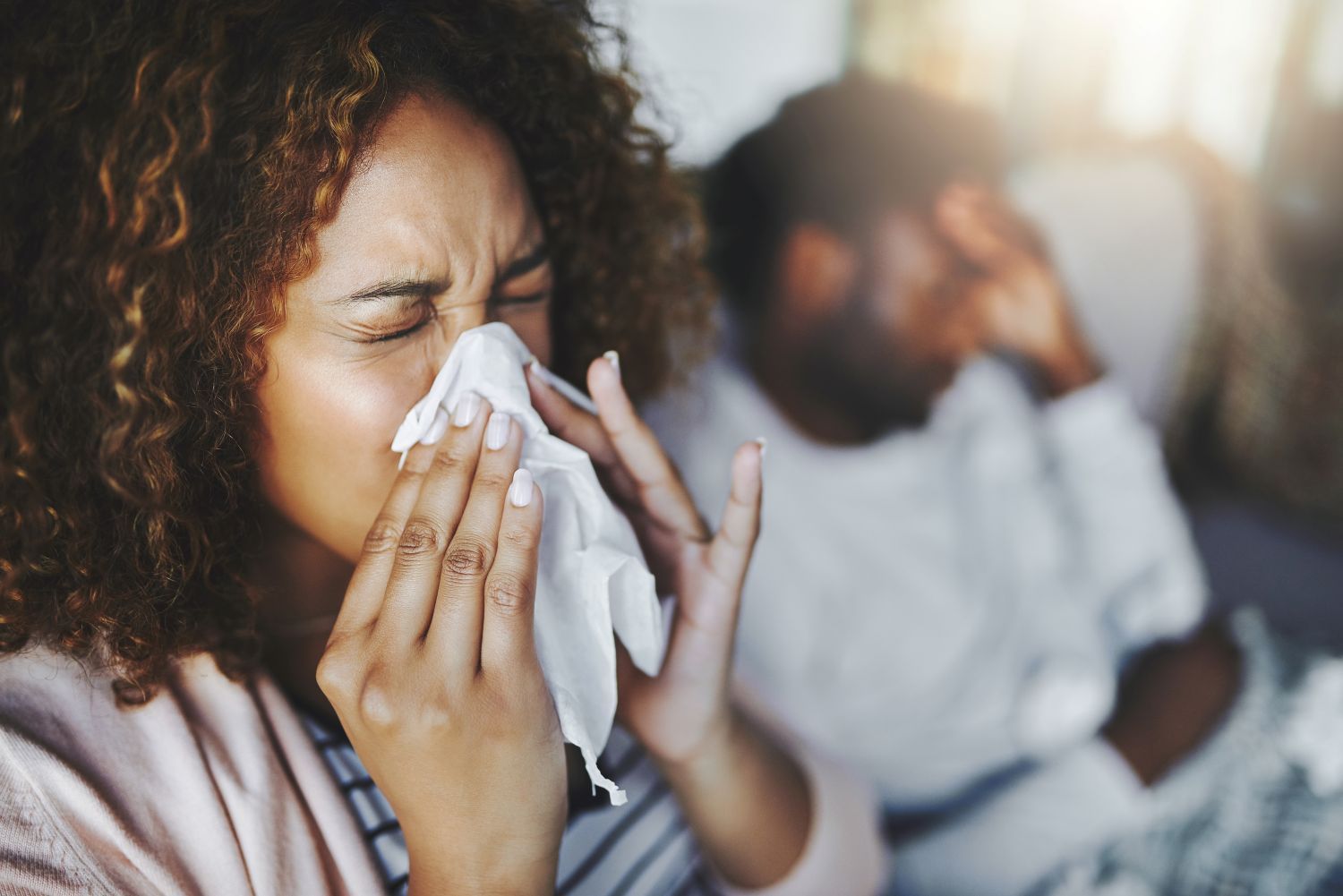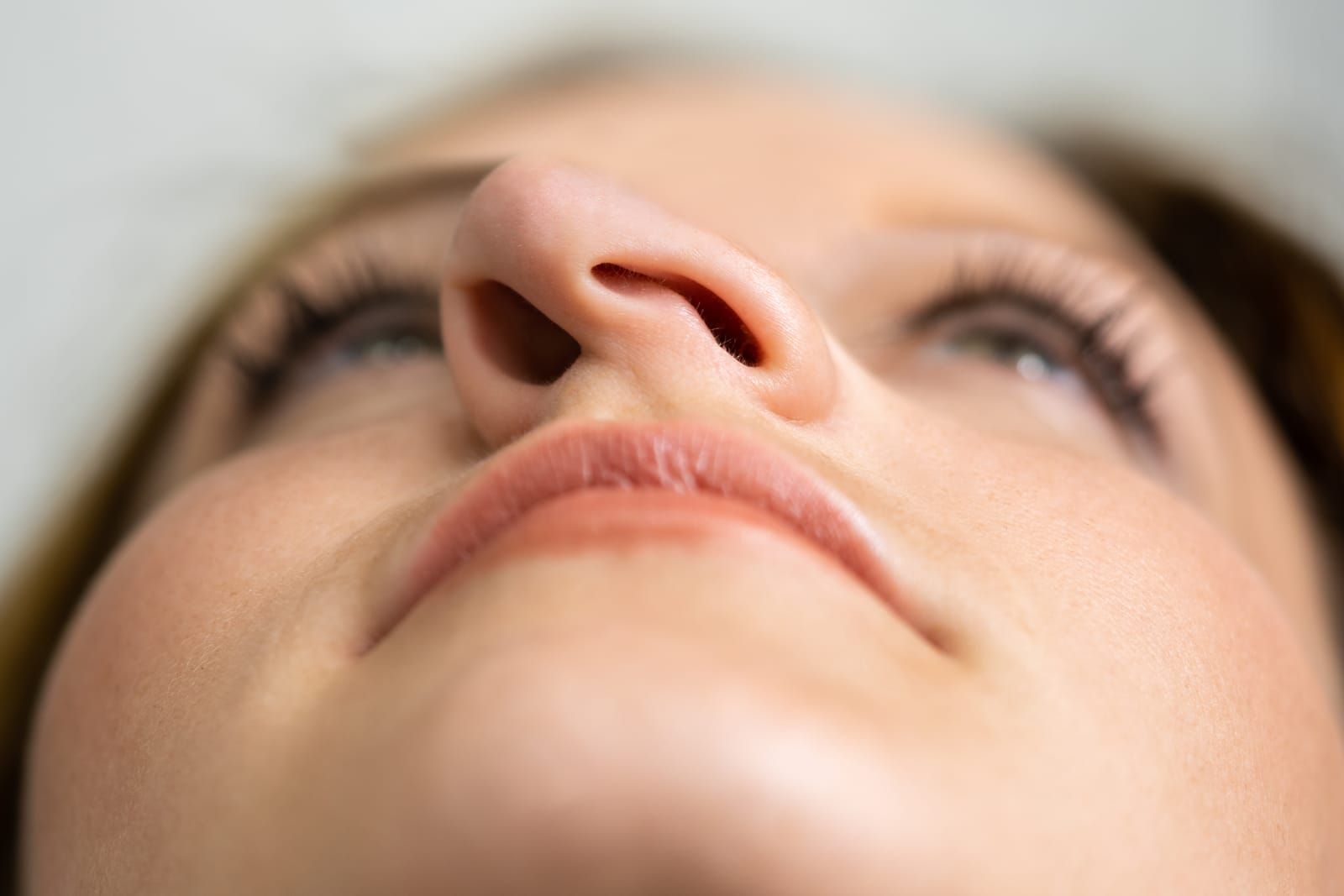What Causes Tonsil Stones

Tonsil stones, medically known as tonsilloliths, are small, hard deposits that form in the crevices of the tonsils. While they are often harmless, they can lead to discomfort and unpleasant symptoms such as bad breath and sore throats. Understanding the underlying causes of tonsil stones is essential for prevention and management.
Causes of Tonsil Stones
1. Poor Oral Hygiene
Inadequate brushing and flossing can lead to a buildup of food particles, bacteria, and dead cells in the mouth and tonsils. This accumulation can harden and form stones.
2. Chronic Tonsillitis
Repeated inflammation or infection of the tonsils can create larger crevices (crypts) where debris can collect and eventually calcify into stones.
3. Enlarged Tonsils
Individuals with enlarged tonsils may have deeper crypts, making it easier for food particles and bacteria to become trapped and form stones.
4. Dry Mouth
Reduced saliva flow can hinder the natural cleansing process of the mouth. A dry mouth may be caused by certain medications, dehydration, or breathing through the mouth, allowing debris to accumulate.
5. Diet
A diet high in dairy products or processed foods may contribute to the formation of tonsil stones, as these foods can leave residue that sticks to the tonsils.
6. Bacterial Growth
The presence of bacteria in the mouth can lead to the breakdown of food particles and the formation of biofilms, which can contribute to stone development.
7. Nasal Congestion or Allergies
Conditions that cause nasal congestion or allergies may lead to mouth breathing and decreased saliva production, increasing the likelihood of debris accumulation in the tonsils.
8. Age
Tonsil stones are more common in adults and older teenagers, possibly due to changes in oral hygiene habits and the structure of the tonsils over time.
Prevention
Preventing tonsil stones is often a matter of maintaining good oral hygiene:
- Brush your teeth twice a day.
- Floss daily.
- Use mouthwash to kill bacteria.
- Avoid smoking.
- Stay hydrated to keep saliva production up, which helps cleanse the mouth and throat.
When to See a Doctor
If you have symptoms of tonsil stones but can't see them, or if they're too difficult to remove at home, it's time to consult a healthcare professional. Additionally, if you experience severe pain or bleeding when trying to remove stones, seek medical attention.
While tonsil stones can be an annoying condition, they are typically not harmful and can be treated at home. However, recurrent or large stones may require medical intervention. Maintaining excellent oral hygiene and staying hydrated are key preventive measures to keep tonsil stones at bay. If in doubt, always consult with a healthcare provider for personalized advice and treatment options. If you need an expert ENT near you, go to ENT Care Centers. Our otolaryngologists are experienced and compassionate about caring for adults and children with tonsil problems.













